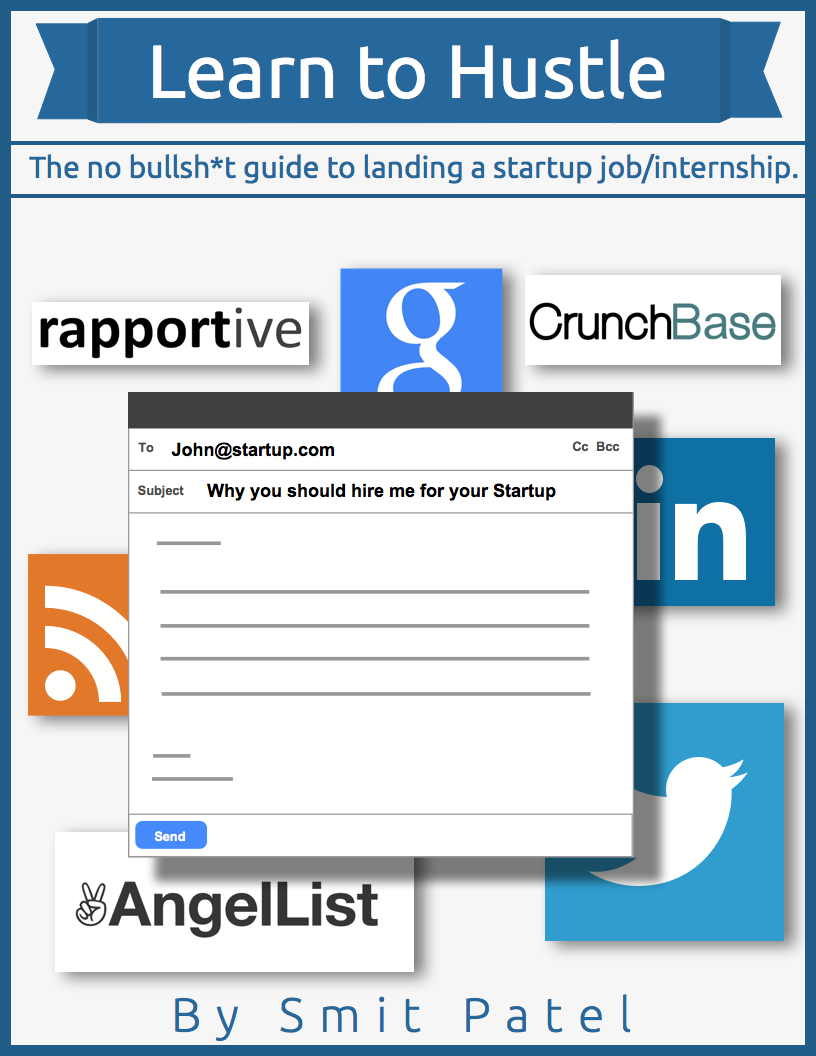1) Embrace uncertainty
I’ve always considered my impatience a strength because it’s forced me to learn things quickly but it’s not a great trait for BD. You need to be professionally persistent. Calling or emailing someone everyday makes you look desperate and guarantees a way to be moved to the spam folder.
2) Love the grind
The thought of figuring out the stakeholders at the target account and how we can get their attention gets me fired up. If you treat this like a day job, you’ll be mediocre or fail miserably.
3) Know your workflow
Productivity is key to working smart. Since I’m a morning person, I realized that I get more done in the first half of the day so I started my days earlier. I use Salesforce tasks to remind me the people I need to reach out to on that particular day.
4) Find out what works, do more of it
Once you stumble upon a certain messaging or call routine that works, keep repeating it. Don’t try to fix what’s working. Copy 99% and improve on the 1%.
5) Create your own hypothesis and keep testing
If you expect to get results doing what everyone else is doing, you’re not going to be exceed your goals. After testing various methods of outreach, I quickly realized that emailing would be the best way to secure meetings with stakeholders instead of using cold calling.
5) Go high or go home
If you provide a B2B product or service, you need to try going directly to the C/VP/Director level folks or else you’ll waste countless hours with someone who doesn’t have the power to make or influence decisions.
6) Sell business outcomes, not features
Businesses are not looking to buy your shiny features or functionalities. You need to show how you can help them improve their team, job or the bottomline.
7) Be human
Treat people the way you expect to be treated. No one wants to read an email or a phone call that sounds like a robot.
8) Find a work/life balance
Life’s not a race, it’s a marathon. If you don’t shut off for a certain hours in the day, you’ll burn yourself out and eventually result in poor performance at work.
9) You don’t get what you don’t ask for
Whether it’s a meeting with a stakeholder or asking for a next step, you need to be constantly testing your limits. If you never ask, the answer is always no.


